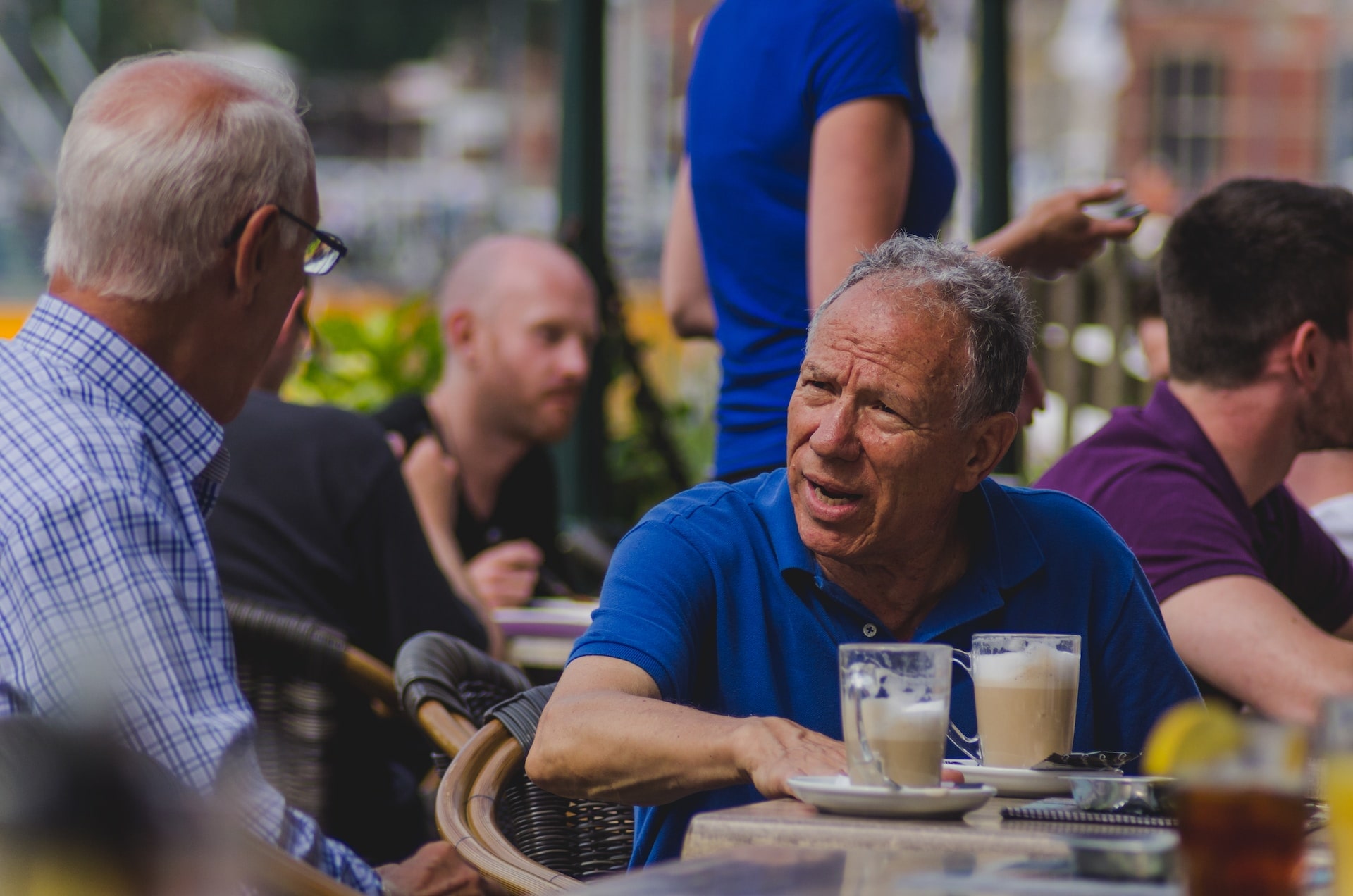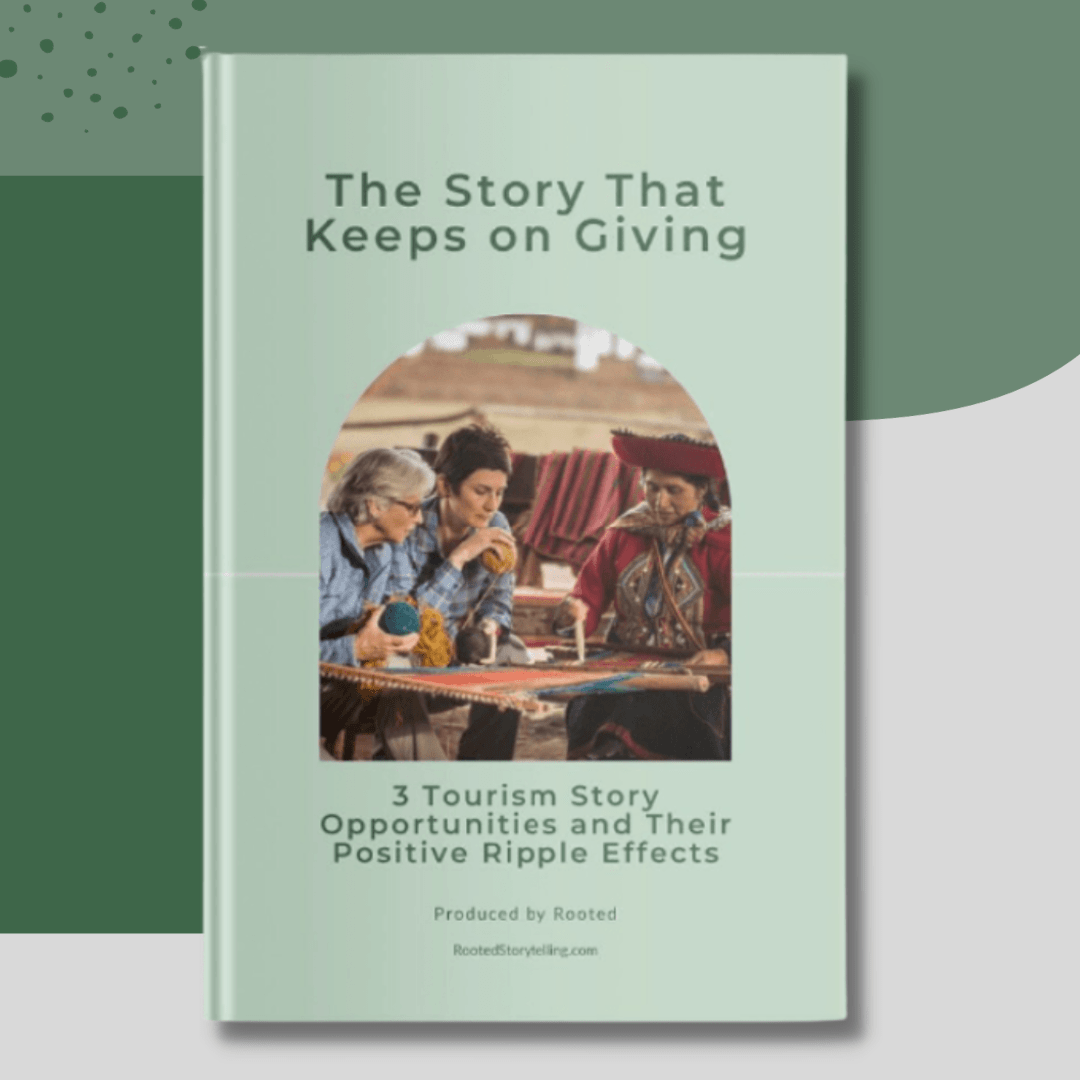When I travel, one of the questions that most baffles me is, “How was your trip?”
This seems to be the travel-related equivalent to that common question-veiled-as-a-greeting: “How are you?”
I realize these are casual greetings and generally not actual curious requests about me and my experiences. Yet, I so often hear these questions in their literal sense and want to use them as a gateway to an actual conversation.
In theory, questions are the key to a treasure chest of discovery. Asking the right ones in the right moments can unlock a pathway leading to insight, information, and ideas that didn’t previously figure into your worldview.
This isn’t to say every encounter is meant to be something deeper than a cursory exchange. Sometimes “how’s your trip?” or “how are you?” truly should be nothing more than a three-word greeting. But if you want to use questions to better connect with travelers, help travelers better connect with their experiences, and build better relationships with staff and partners, here are a few pointers.
Ask open-ended questions.
A lot of people ask close-ended questions out of habit: Did you have a good trip? Are you ready to start the tour? Is this your first time in Egypt?”
Close-ended questions are those that don’t offer a way forward. They’re usually yes/no questions, though they might also force people to make a choice without additional context: Did you like Vienna or Salzburg better?
There are times when close-ended questions are appropriate, but open-ended questions give people more room to expand upon their thoughts, whichever direction they might wander. For example: What did you most enjoy about your trip? What one question would you like answered on today’s tour? What differences most stood out to you between Austria’s urban and rural spaces?
Encourage self-reflection.
Open-ended questions might sound a bit strange simply because we don’t tend to ask these kinds of questions in the travel context. What many open-ended questions start to do is encourage people to reframe their travel experiences — thinking beyond where they went to why they chose a certain place, and, instead of just what they did, how they engaged in their experience.
Asking questions that encourage self-reflection is a good way for travelers to think back through an experience and note those moments that stood out for some reason. A few of my favorite travel-related questions that encourage self-reflection are: What is something that surprised you about this experience? What is something interesting you learned? How did that experience make you feel?
Look toward the future.
As the tourism industry more explicitly works to clarify the link between travel and greater societal challenges like the climate crisis, those working in this space can use questions to bring travelers along on that journey. Tour guides are in a particularly good position to encourage travelers to think about the future through pointed questions, especially as they connect travelers’ day-to-day lives with what they’re learning while on holiday. For example: What is your community doing to address droughts and water shortages? How do you think those climate changes will affect your day-to-day life?
These kinds of questions aren’t necessarily reserved for on-the-ground interactions, though. So many companies use post-trip surveys with fairly straightforward (and, often, close-ended) questions that don’t seek to find out what the impact of a trip is on a traveler. Get creative with these surveys and ask both reflective and forward-focused questions: If there were any moments on the trip that changed your perspective or outlook, what were they? What changes, if any, have you made in your life as a result of this trip?
Focus on the other person.
Beyond better communication with travelers, travel companies can also improve their relationships with staff and partners using thoughtful questions. Even when we ask questions of other people, they may serve a narrow, pre-defined purpose — plus, they are often close-ended questions.
Give people more space to answer questions by focusing on them. For example, instead of asking whether employees like their jobs or are happy in their positions, put yourself in a support position: What can we do to support your professional development? How can our team help you reach your potential? Or, in the case of working with partners, how can we be useful to you?
Every conversation is an opportunity to connect with other people — to find common ground, to learn more about each other, to discover something we might not know. This isn’t something you’ll likely do with every conversation, of course, but by using thoughtful questions, you just might find yourself in a conversation far more interesting than one that elicits a shrug or one-word response.





Thank you for sharing these strategies for meaningful travel conversations! While insightful, the focus seems geared toward travel professionals. It might help to also explore how travelers can use these questions to enrich personal experiences and connect with locals. Adding concrete examples or prompts could make this even more practical and engaging. Great framework overall!
Walking tours are such a fantastic way to immerse oneself in the local culture and environment! They allow travelers to discover hidden gems that are often missed when rushing through a city
This post is a treasure trove of insightful questions for any travel enthusiast looking to deepen their storytelling skills! The way you've categorized questions to help uncover the deeper emotional and cultural layers of a travel experience is incredibly helpful. It's clear that thoughtful questions can transform a simple travel anecdote into a rich narrative. Do you have any tips on how to remember and record responses or moments inspired by these questions while still fully engaging in the travel experience? Thanks for such a valuable resource!
This is a great question. Thank you for asking.
I think one of the best things we can do to have better conversations is to be fully present and listen. If you’re busy taking notes, your attention isn’t necessarily fully on the conversation or the person speaking. If you established at the time that you want to take notes, you could do that, but realize that might impact the way you interact with the conversation and how others interact with the conversation. What I would suggest instead is taking time on your own to reflect on the conversation afterwards. You might write thoughts in a journal or record your thoughts via audio/video.